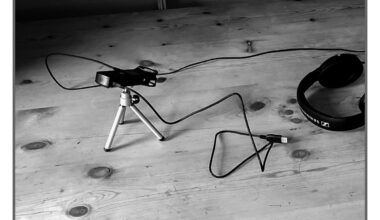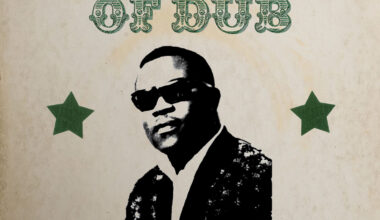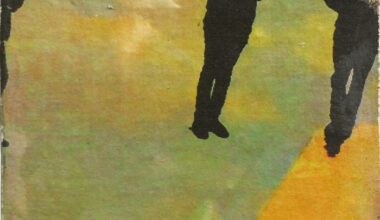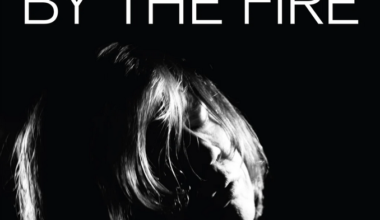Tech-house Brazil-style from the acclaimed South American multi-instrumentalist and producer

Down Sao Paulo way, nothing is as fervently received on the dancefloor as taut, high-octane beats. And at the beating heart of this hotbed of tech-house action is a clutch of homegrown producers serving up just what the night doctor ordered.
An A&R rep and part-owner of the independent Megamusic label, Gui Boratto has cemented a strong following within Brazil and clearly has his finger on the pulse when it comes to staying credible within the boundaries of the current house, techno and minimal scenes. ‘Abaporu’ is his fifth album and appears on Germany’s Kompakt label, home to every Boratto release since 2007.
Having graduated from college with a degree in architecture, Boratto turned his back on a career in urban planning in the early 90s to write jingles for commercials, before becoming increasingly involved in studio production and engineering. His initial techno experiments led to his debut album, ‘Chromophobia’. Featuring guitar and piano played by Boratto himself, the record was seized on by Kompakt, who released it to rave reviews.
‘Abaporu’ doesn’t stray too far from that maiden voyage – traditional instruments are used sporadically to broaden the album’s reach via a blend of tracks that are strongly focused on rhythm and mood, with opulent melodies sprinkled throughout. There is certainly a level of intelligence behind Boratto’s work. The mid-paced tempo of ‘Abaporu’ rarely heightens, allowing you to dissect its constantly unwinding syncopated rhythms and revel in the clear and precise placement of each element.
Yet despite this anatomised approach, Boratto is not averse to expanding the narrative by introducing the occasional groove-based electronic pop banger. Vocal tracks such as ‘Get The Party Started’ and ‘Take Control’ add a polished, commercial sheen, but this is an artist who primarily wants you to listen to his songs rather than pick up on the simplest hook or melody and head for the dancefloor.
As if to prove his point, the likes of ‘Indigo’ and ‘Where I Belong’ seem strangely naked without vocals, although (somewhat ironically) ‘Wait For Me’ may have benefited from being stripped of the ill-fitting, throaty singing that maims it. The vocal melody on ‘Too Late’ borrows from New Order, illustrating how Boratto’s influences remain locked into his psyche.
This is probably Gui Boratto’s most accomplished release to date. Full of catchy melodies and deceptively simple arrangements, he seems intent on pleasing as wide a section of his audience as possible. On the flip side, stretching the boundaries or fostering an innovative edge isn’t up for discussion. For all its charm, ‘Abaporu’ is too safe and comfortable to pull up any trees.





